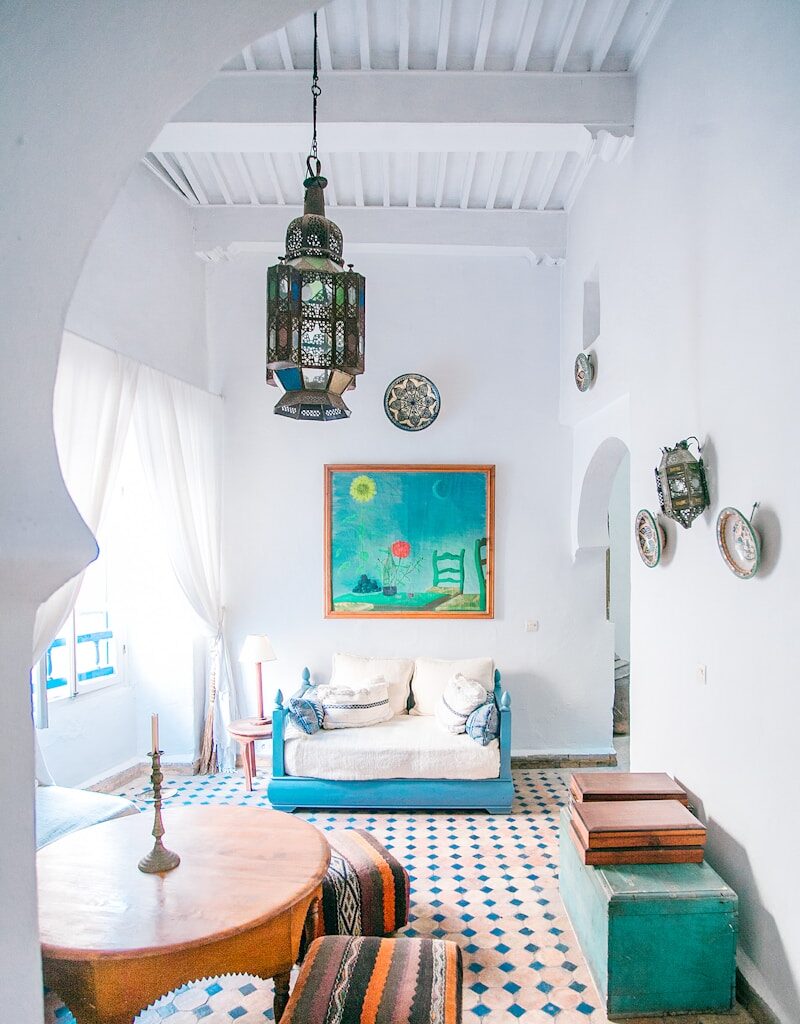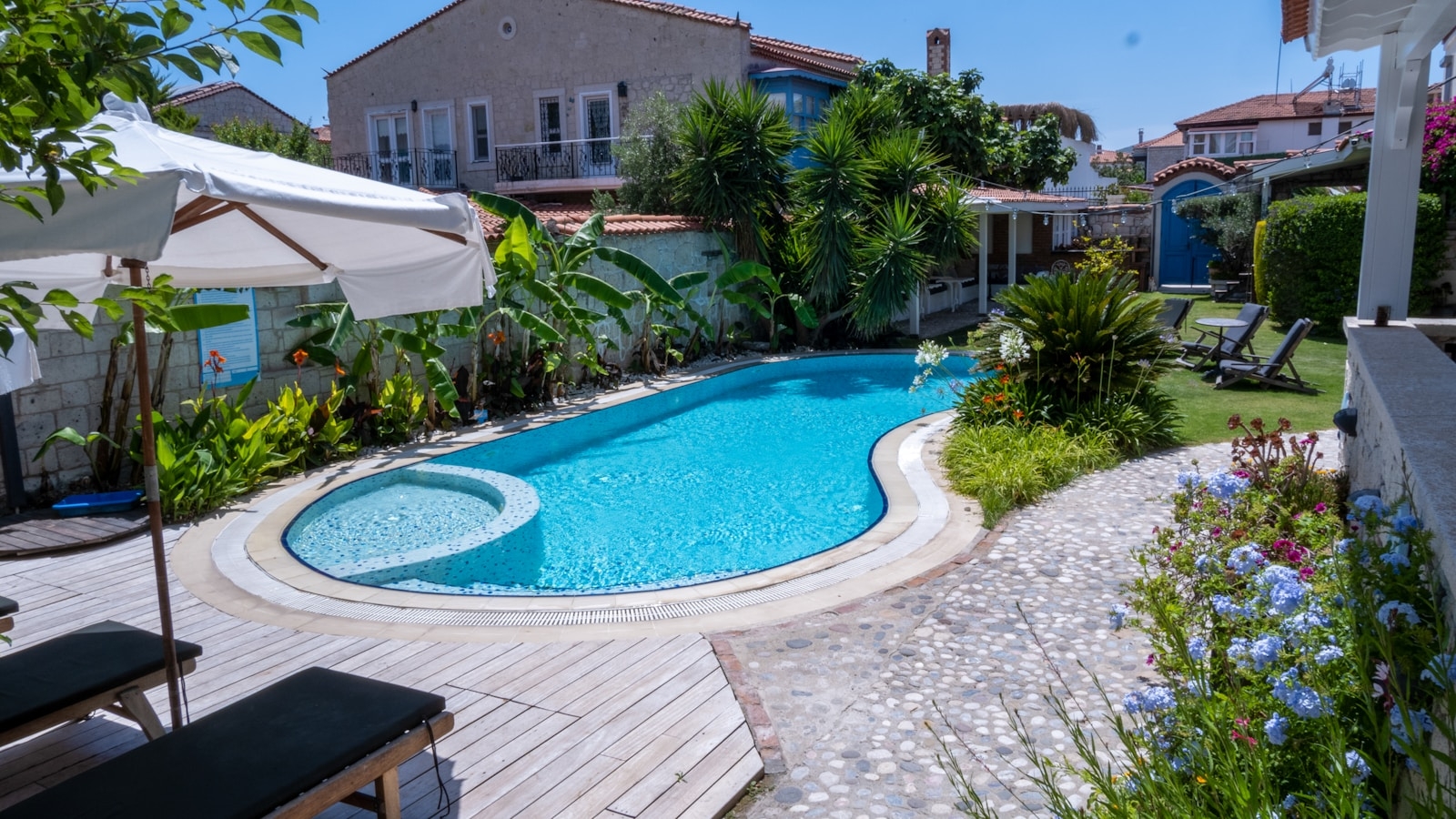In the world of hospitality, Online Travel Agencies (OTAs) like Booking.com, Airbnb, and Expedia are often key to attracting guests, especially for small and boutique hotels. With millions of travelers booking their stays through these platforms, it’s crucial for small hotels to optimize their listings and manage their OTA presence effectively to maximize bookings and revenue.
For boutique hotel owners and small property managers, the competition on OTAs can be fierce. However, with the right strategies in place, OTAs can become a powerful tool to drive bookings and increase visibility among both Indian and global travelers.
1. Optimize Your OTA Listings with Stunning Photos
When it comes to OTAs, your photos are the first impression potential guests will have of your property. For small and boutique hotels, high-quality, professional photos can make a significant difference in attracting the right guests.
Why It Matters:
- First Impressions Matter: Travelers are visual learners, and a well-curated photo gallery can create instant interest in your property.
- Highlight Unique Features: Small and boutique hotels often have distinctive, unique features. Use photos to showcase your property’s personality—whether it’s a cozy, historic interior, personalized touches, or local art.
- Aesthetic Appeal: Ensure the photos reflect the ambiance of your hotel, including clean and well-lit images of rooms, common areas, and amenities.
Tip: For a boutique hotel in Mumbai, you could emphasize features like heritage architecture, local decor, or unique services like private tours to attract travelers looking for something special and personalized.


2. Write Engaging and SEO-Optimized Descriptions
Your description is your opportunity to sell your hotel in words. It’s essential to create an engaging, detailed, and keyword-rich description that will help both Indian and global travelers discover your property when searching for accommodations.
Why It Matters:
- Targeted SEO: Use relevant keywords that match what potential guests are searching for, such as boutique hotel in Goa, family-friendly hotel in Delhi, or luxury small hotel in Paris.
- Clear Value Proposition: Highlight the unique features and benefits of staying at your hotel. This could be your location, personalized services, or local experiences.
- Appeal to Your Ideal Guests: For example, if you are targeting business travelers, mention your high-speed internet, conference rooms, and location near business districts.
Tip: A small hotel in Jaipur could mention local attractions like the Amber Fort or City Palace in the description, helping travelers see your property’s proximity to cultural experiences.
3. Set Competitive and Flexible Pricing
Pricing is a crucial element of your OTA listing. Many small and boutique hotels feel the pressure to compete on price, but it’s important to balance competitive pricing with profitability. Flexible pricing can help you make the most of different market conditions and attract more guests.
Why It Matters:
- Dynamic Pricing: Use pricing tools or software to adjust your room rates according to demand, seasons, or local events. If there’s a festival in Jaipur or a conference in New Delhi, you can increase rates during peak periods.
- Offer Discounts and Packages: Special promotions like early bird discounts, weekend getaways, or stay longer and save can attract guests and improve your visibility.
- Room Type Variation: Consider offering different rates for standard rooms, premium rooms, or suite packages to appeal to a wider range of travelers.
Tip: If you’re running a boutique hotel in Goa, offering package deals for weekend getaways that include meals or local tours could set you apart from competitors.


4. Encourage Positive Reviews and Respond to Feedback
Guest reviews play a pivotal role in the decision-making process for future travelers. As a small or boutique hotel, building a positive reputation on OTAs is key to driving bookings and increasing your visibility on these platforms.
Why It Matters:
- Increased Trust: Positive reviews build trust and social proof, especially when they highlight your property’s excellent service, clean rooms, or special touches.
- Improved Ranking: OTAs rank listings based on reviews and ratings. The more positive feedback you receive, the higher your listing will appear in search results.
- Engagement: Responding to both positive and negative reviews shows that you care about guest experience and are willing to improve where necessary.
Tip: After a guest checks out, send a thank-you message or email asking for feedback. You could even offer them a discount on their next stay in exchange for a review, helping increase engagement.
5. Leverage OTA Features and Tools
OTAs offer many tools and features that can help you stand out. Make sure you’re taking full advantage of everything the platform offers, from promotional tools to special badges.
Why It Matters:
- Promotions and Deals: OTAs often allow you to run promotional campaigns like flash sales, last-minute deals, or early bird discounts. These tools can increase your visibility and attract more travelers during off-peak seasons.
- Enhanced Listings: Some OTAs offer enhanced listings that allow you to showcase more of your property, including videos, room upgrades, or special features like pet-friendly amenities or spa services.
- Instant Bookings: Make sure your property is instant-booking enabled. Instant booking increases the chances of travelers securing a reservation on your property without delays.
Tip: For a boutique hotel in Rishikesh, you could use special offers during yoga festivals or wellness retreats to attract health-conscious travelers looking for a peaceful, rejuvenating stay.


6. Maintain a Clear and Accurate Availability Calendar
One of the most critical aspects of OTA management is ensuring that your availability calendar is always accurate. If potential guests see that a room is available and then later find it’s already booked, it can lead to frustration and a negative impression of your hotel.
Why It Matters:
- Avoid Overbooking: Make sure your calendar is synchronized with all your OTA platforms to prevent overbooking.
- Real-Time Updates: Ensure that any changes to availability are updated immediately. For example, if you receive a last-minute booking through your website, update your OTA listings right away.
- Boost Customer Trust: When guests see that your calendar is accurate, they are more likely to trust that they are securing a legitimate reservation.
Tip: Use a channel manager tool to sync your availability across all OTAs and your direct booking platform, reducing the risk of double bookings.
7. Focus on Local SEO for Better Visibility
While OTAs are great for global reach, small hotels and boutique properties often have a niche market. By focusing on local SEO tactics, you can ensure your listing is more visible to travelers from specific regions, including Indian guests or international tourists searching for accommodations in your area.
Why It Matters:
- Targeted Audience: Local SEO helps you rank better for region-specific search queries, such as “boutique hotels in Jaipur” or “family-friendly hotels near Taj Mahal.”
- Appeal to Nearby Travelers: By optimizing your website and OTA listings for local keywords, you can attract guests who are already in or near your destination.
Tip: Include region-specific phrases and attractions in your hotel description and tags on OTAs to improve local search visibility.

